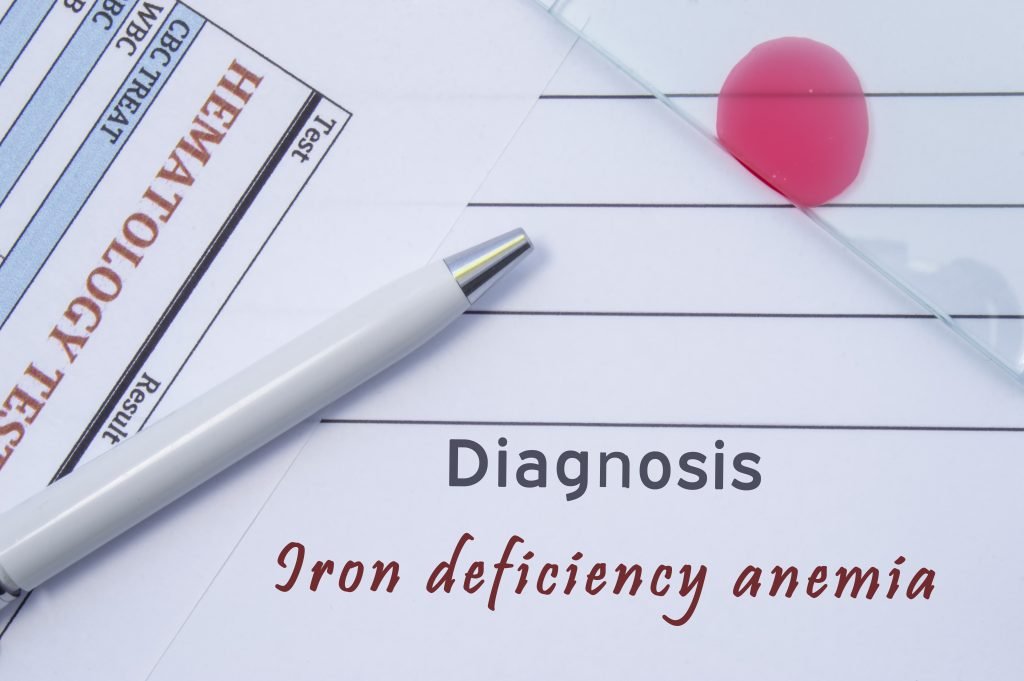Difficulty concentrating, pale coloring, poor growth, and lack of energy could indicate iron deficiency anemia in children. Iron deficiency is one of the top causes of anemia because of poor iron intake. Long-term or chronic anemia could affect children’s performance in school, as well as their overall learning ability and growth.
To keep your child from developing iron deficiency anemia, Revere Health suggests that you follow the guidelines below.
- Prepare foods rich in iron, such as red meat, beans, egg yolks, raisins, strawberries, and dried apricots, among others. Beef liver and dark green, leafy veggies such as broccoli and spinach contain the highest amount of iron. Some cereals also have iron. Be sure to read the label to determine the amount of iron in the cereal.
- Prepare foods rich in Vitamin C when you eat foods rich in iron because Vitamin C greatly helps in increasing iron absorption in the body, advises a family medical care specialist in Lehi. Foods rich in Vitamin C include citrus fruits such as oranges and grapefruits.
- Restrict excessive consumption of milk because this could result in poor iron absorption. Toddlers aged one to three must limit their milk consumption to two to three cups daily. Children aged between four and 11 years old must only drink one to two cups of milk daily, while children 12 to 18 years old must drink three to four cups of milk daily.
- Refrain from giving your baby cow’s milk or regular fresh milk until she or he is at least one year old since these types of milk could lead to poor iron absorption, which in turn leads to anemia. Give your baby breast milk or an iron-enriched formula instead. If you’re strictly breastfeeding, your baby won’t lack iron until he or she is four to six months old. Consider giving your baby iron-enriched foods or a multivitamin once he or she hits the sixth-month mark.
If after making sure your child’s diet is generally healthy and rich in iron, you still see signs of anemia or iron deficiency, consult your pediatrician immediately. This will help you get a proper diagnosis, and if needed, the most suitable treatment plan for your child.

